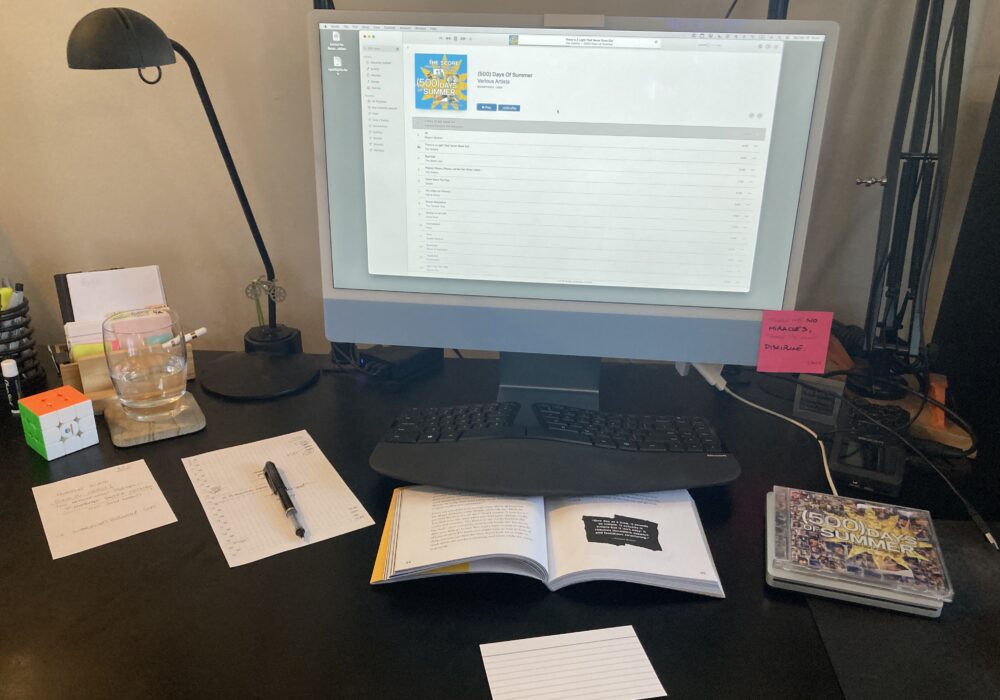I don’t think that anymore. Those fantasies are silly really. As the character Judge Smails played by Ted Knight in Caddyshack so aptly put it, “The world needs ditch diggers too.” … Accepting the fact that you are a contributor to a larger community as opposed to being a Demi-God uberman is not just humbling…it’s a huge relief.
~ Steven Pressfield from, «https://stevenpressfield.com/2014/10/old-dog-new-tricks-2/»
But my biggest challenge is the closely-related problem of continuously thinking about all the things I “should” do. Where, “should,” is a self-evaluated judgement that arises from my thinking about all the things I could do. …and HFS I could do all sorts of things.
Having happily set down all the Big Picture “shoulds,” I’m currently trying to pick off all the true “shoulds.” I’ve learned to stop looking to the stars, and to instead set my sights on the next hilltop. I should put the finishing touches on the garden we built last year. I should get that tree trimmed professionally so it’s good for another 10 years. …those aren’t so bad. But some: I should finish going through all this photography. I should find a home for this pool table. …I’ve been trying to get done for like 10 years.
Overall, there’s a pretty big list, but importantly, the list has not been growing in recent years. On the other hand, it weighs on my mind none the less.
ɕ

